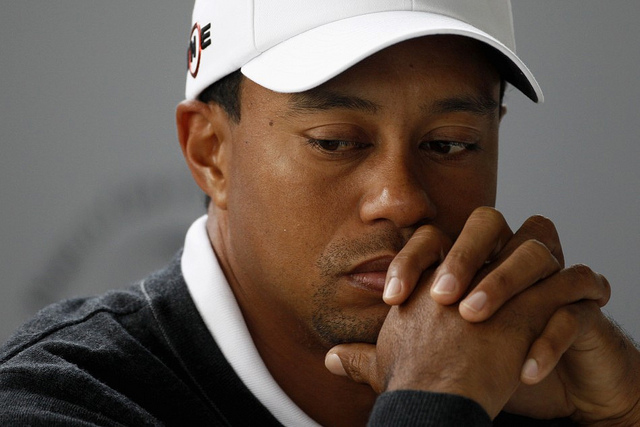Athletes are our heroes — they have the perseverance to endure adversity, the passion and drive to claim success and the grace to do it all with an air of effortlessness. We love them because we think they represent what we aspire to be. In recent years, however, it has become increasingly necessary to question this assumption.
It has become clear that most athletes aren’t who they appear to be during the peak of competition. It seems almost foreign now, but there was once a time when people thought Tiger Woods could do no wrong. There was a point in his career when Woods could charm audiences with his signature smile, and then proceed to ruthlessly cut through the competition on the way to the top of the leaderboard. We loved him for it. Then, his success collapsed in an instant — we found out that Woods, the man who we thought stood for wholesome character and fierce competition, was committing adultery.

The same is true for Lance Armstrong. We wanted to believe he recovered from cancer and won seven consecutive Tour De France titles without the help of any performance enhancing drugs. We bought into his charade, and how can anyone blame us? Who wouldn’t love a decorated athlete-turned-philanthropist with a mission to cure cancer and raise health awareness? Then the truth was exposed, and all his fans hung their heads in disappointment and shame. In a cold and unapologetic interview with Oprah Winfrey, Armstrong confessed that he had cheated the sport and deceived his fans. Not only that, but Armstrong went to great lengths to preserve his facade. He destroyed families who were bound by law to confess what they knew about his involvement with drugs, and then, out of pure panic, he established the philanthropic organization Livestrong, which became his legacy.
Now, our faith in athletes as paragons of human character has taken a turn for the worse. Last week, inside his home in South Africa, paraplegic Olympian sprinter Oscar Pistorius allegedly murdered his girlfriend Reeva Steenkamp. Just months ago, Pistorius was lauded for his character and success. He has won six Paralympic Gold Medals in sprinting, and was the only Paralympic sprinter to compete against a group of able-bodied men in the Olympic games. Pistorius’s story garnered him respect from countrymen and fans and recognition from sponsors. He was honored with the privilege of carrying the South African flag during the closing ceremonies, and he has since gained endorsements from Oakley and Nike. Fans and companies were able to resonate with the story of a man they thought they knew, a man who is now an alleged murderer.
The stories of these three great athletes illustrate a distinction between excellence in competition and excellence in character, if nothing else. They encourage fans to ponder exactly what we should we support success on the stage of athletic competition, or endorse responsibility and character off the field? The distinction has become clearer than ever.
Nishaad Ruparel is a staff writer. Email him at [email protected].









































































































































